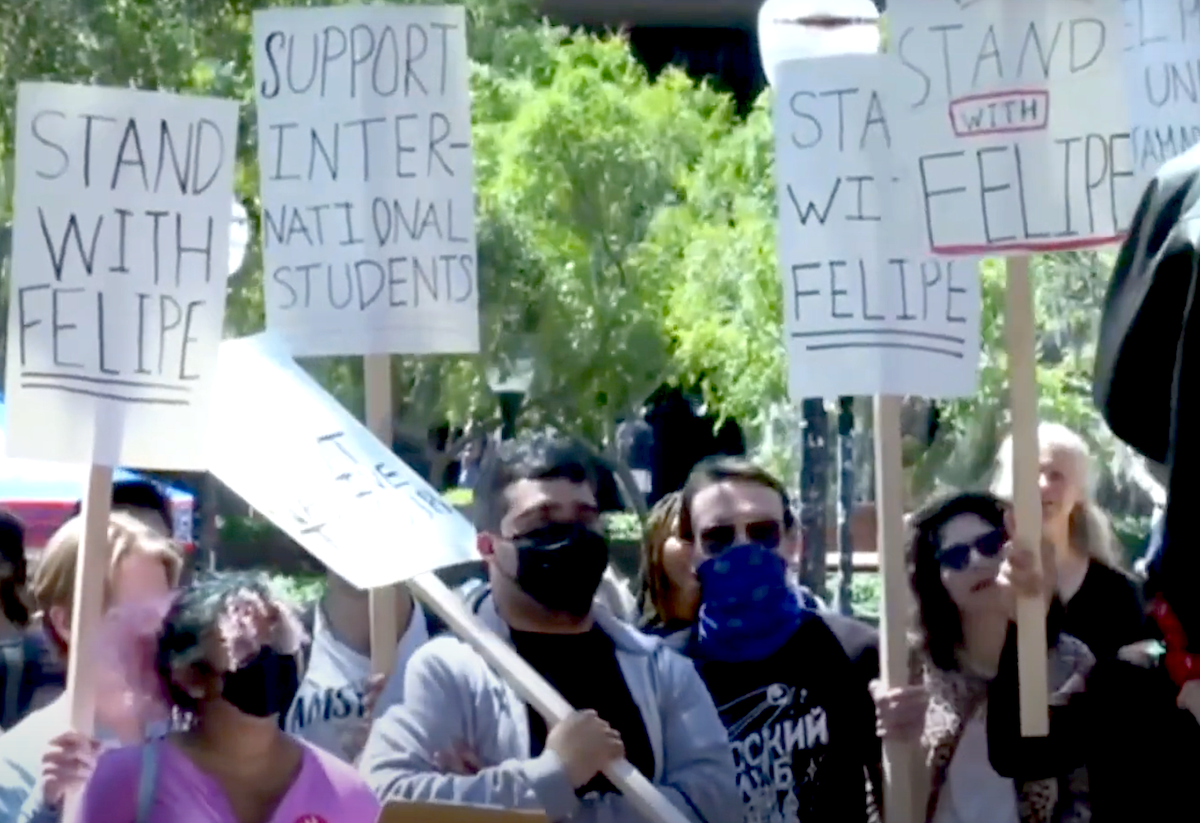German government dissolves after no-confidence vote
The German government has been dissolved following a no-confidence vote in the German Parliament,wich has paved the way for snap elections.This decision highlights significant political shifts within the country and could lead to changes in leadership and policy direction. The article provides insights into the implications of this political upheaval, including its potential impact on governance in Germany moving forward.
German government dissolves after no-confidence vote, triggering snap elections
The German Parliament has voted to oust Chancellor Olaf Scholz, dissolving the government and setting the stage for a snap election in February.
In a vote of confidence, 394 members of Parliament voted “no” and 207 voted “yes,” with 116 members abstaining.
The outcome is exactly what Scholz expected when he announced his intention to hold the confidence vote earlier this month. While his party is likely to take a hit in the upcoming election, the snap elections are seen as an opportunity to regroup and restrategize amid political deadlock.
Scholz, leader of the Social Democratic Party, formed a coalition government in 2021 with the support of the left-leaning Free Democratic Party and Green Party.
Disagreements on economic policy ultimately tore the alliance apart when Scholz fired FDP-aligned Finance Minister Christian Lindner last month for refusing to approve tax increases or additional national debt.
The chancellor met with German President Frank-Walter Steinmeier on Monday following the no-confidence vote to formally request the dissolution of Parliament.
The next elections are expected to take place in late February 2025.
German polling suggests the nation will take a strong step toward the Right in the upcoming election after the failure of the ruling coalition.
The conservative Christian Democratic Union and its Bavarian counterpart, the Christian Social Union, are polling highest, followed by the hard-right Alternative for Germany.
Political turmoil and upheaval of entrenched ruling coalitions are taking place in countries across the West.
The French Parliament voted earlier this month to oust President Emmanuel Macron’s centrist prime minister, Michel Barnier. The country is experiencing deep polarization as its center parties have been squeezed out of power by both left- and right-wing parties.
Canada is experiencing a crisis of leadership as Prime Minister Justin Trudeau faces widespread demands for resignation — pressure he has thus far consciously ignored.
The Liberal Party lost the support of its former ally, the New Democratic Party, in September, and NDP leader Jameet Singh is now joining calls for Trudeau to step down.
" Conservative News Daily does not always share or support the views and opinions expressed here; they are just those of the writer."





Now loading...